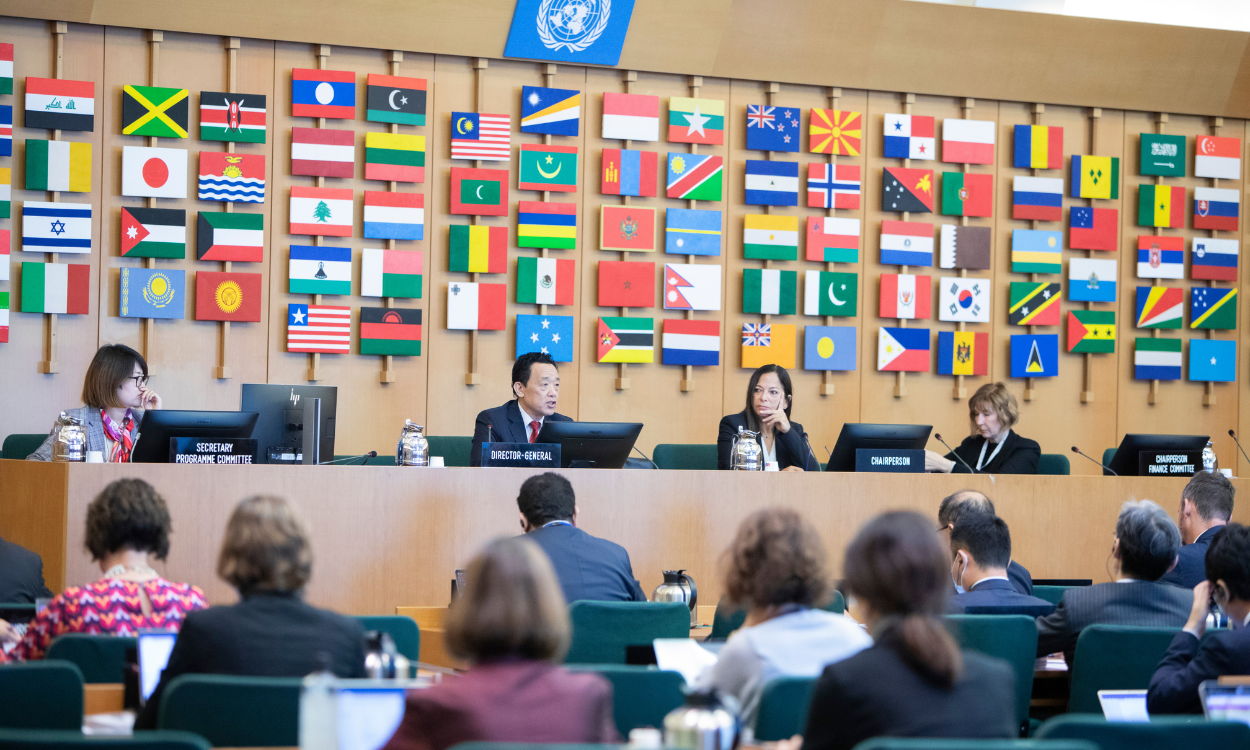SEED FUNDING JOINT PROGRAMMES
Egypt
Strengthening Sustainable and Resilient Food and Nutrition Systems in Egypt for SDG Acceleration




PROJECT TITLE | Strengthening Sustainable and Resilient Food and Nutrition Systems in Egypt for SDG Acceleration |
| Context | Egypt engaged actively in the 2021 Food Systems Summit process, convening a national dialogue and developing national pathways with recommended interventions for improving food security and nutrition by 2030. To enhance multi-sectorial coordination and spearhead the transformation process, the Government created a National Committee for Food and Nutrition Systems chaired by the Prime Minister and bringing together several ministries to coordinate joint actions. Strengthening coordination mechanisms, fostering multi-stakeholder partnerships, consolidating accountability structures, focusing on the availability of evidence, analysis, and data, are identified as key priorities to strengthen the food systems governance structure in Egypt. |
| PUNOs | WFP, FAO, UNICEF |
| Contribution to SDGs | SDG 2 Zero Hunger, SDG 3 Good Health and Well-being, 12 Responsible Consumption and Production. |
| Contribution to other SDG transitions | Climate, biodiversity, pollution |
| Duration | June 2024 – May 2025 |
| Expected financial leverage | $87,000 (PUNO co-financing) |
| Alignment with SG Call to Action | Policy integration; Food systems governance; Research, data, technology and innovation; Inclusive and participatory design; Private sector engagement |
| Outcomes | The JP contributes to strengthening policy and governance frameworks for food systems transformation and generating evidence and analysis on key dimensions of food systems to inform decision-making, supporting the work of the National Committee for Food and Nutrition Systems. The JP complements the government’s flagship program “Country Platform for the Nexus of Water, Food and Energy”, which provides a mechanism to mobilize climate finance and private investments. |
| Partners |
|
| Outputs |
|
The Hub at the FAO Joint 134th Session of the Programme Committee and 194th Session of the Finance Committee
At the FAO Joint 134th Session of the Programme Committee and 194th Session of the Finance Committee, the FAO Director-General shares that the UN Food Systems Coordination Hub is operational and that work has started at country level.

FAO Director-General at the FAO Joint 134th Session of the Programme Committee and 194th Session of the Finance Committee.
©FAO/Giulio Napolitano
On 7-11 November 2022, Member States gathered at FAO headquarters in Rome, Italy for FAO’s Joint 134th Session of the Programme Committee and 194th Session of the Finance Committee.
The FAO Director-General shared that the UN Food Systems follow-up Coordination Hub, hosted by FAO on behalf of the UN system, is operational. He highlighted that the Steering Committee has approved the Hub’s Biennial Work Plan and that work has already started at country level to shape country portfolios to support the implementation of national pathways.
The Director of the Hub also shared updates on the work carried out by the Hub since May 2022 as well as upcoming activities in 2023. He noted that the Hub has been conducting regional-level meetings to support peer-learning exchanges and has been working closely with coalitions that emerged from the Food Systems Summit. It has also established a Scientific Advisory Group comprising 33 experienced scientists to enhance science-policy interfaces for food systems transformation and appointed focal points for youth and Indigenous Peoples for the Hub’s Stakeholder Engagement and Networking Advisory (SENA) Group.
The Members welcomed the briefing on the current status and operations of the Hub, and recognized the progress achieved. They appreciated the support provided to the Hub by FAO and other UN system organizations. Members noted that the Hub has started to provide technical support to countries on implementing their national food systems pathways and emphasized the importance to continue and augment the support to more countries. Members requested the Hub to provide more details about the organisation of the Food Systems Stocktaking Moment in July 2023 once they are available. They are looking forward to receiving regular updates including a progress report, at the future sessions of the Joint Meeting.
